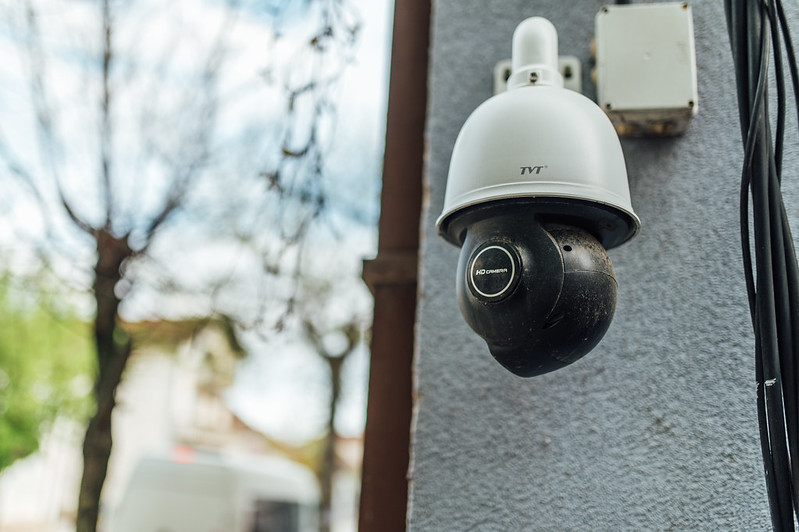Understanding Security Jobs: What to Expect and How They Work
Security jobs are an option for individuals interested in maintaining safety and order in various environments. These roles may have different requirements and responsibilities, but they can offer stable routines and opportunities for those looking to make a positive impact. Discover what to expect in this field. Learn more inside.
What are the typical responsibilities in security roles?
Security professionals are tasked with protecting people, property, and information from potential threats. Common duties may include:
-
Patrolling designated areas
-
Monitoring surveillance equipment
-
Controlling access to restricted areas
-
Responding to alarms and emergencies
-
Writing incident reports
-
Collaborating with law enforcement when necessary
The specific responsibilities can vary widely depending on the work environment, such as retail locations, office buildings, educational institutions, or event venues.
What qualifications are needed for security jobs?
While requirements can differ based on the employer and position, some common qualifications for entry-level security roles include:
-
High school diploma or equivalent
-
Clean criminal record
-
Physical fitness and ability to stand for long periods
-
Strong observation and communication skills
-
Basic computer literacy
Some positions, particularly in specialized or high-risk areas, may require additional certifications, advanced training, or prior law enforcement experience.
How does security work function on a day-to-day basis?
The daily routine of a security professional can vary depending on their specific role and work environment. However, some common elements include:
-
Attending pre-shift briefings to review any recent incidents or special instructions
-
Conducting regular patrols of the assigned area
-
Monitoring security cameras and other surveillance equipment
-
Checking identification and managing access control systems
-
Responding to incidents or emergencies as they arise
-
Maintaining detailed logs of activities and observations
-
Coordinating with other security team members and supervisors
Many security jobs involve shift work, including nights, weekends, and holidays, as protection is often needed around the clock.
What are the potential benefits of pursuing a career in security?
While individual experiences may vary, some potential advantages of working in the security field include:
-
Job stability due to ongoing demand for protection services
-
Opportunities for career advancement, especially with additional training or education
-
Sense of purpose in helping to maintain safety and order
-
Variety in daily tasks and challenges
-
Potential for specialization in areas like cybersecurity or executive protection
It’s important to note that security work can also be physically and emotionally demanding, with potential risks involved depending on the specific role and environment.
What salary ranges and career growth can be expected in security jobs?
Compensation in the security industry can vary widely based on factors such as location, experience, specialization, and employer. While specific job openings and salaries are not provided here, general industry data suggests the following ranges:
| Position | Typical Salary Range (USD) | Potential Career Path |
|---|---|---|
| Entry-level Security Guard | $25,000 - $35,000 | Security Supervisor |
| Security Supervisor | $35,000 - $50,000 | Security Manager |
| Security Manager | $50,000 - $80,000 | Director of Security |
| Specialized Security (e.g., Cybersecurity) | $60,000 - $120,000+ | Senior Security Analyst |
Prices, rates, or cost estimates mentioned in this article are based on the latest available information but may change over time. Independent research is advised before making financial decisions.
It’s important to note that these figures are general estimates and actual salaries can vary significantly. Career growth often depends on factors such as additional training, certifications, and willingness to take on increased responsibilities.
Security careers can offer opportunities for those interested in protection and peacekeeping roles. While the field presents potential for stability and advancement, it’s crucial to thoroughly research specific positions and employers to understand the exact requirements, responsibilities, and compensation offered. This overview is intended to provide general insights into the security industry, but does not represent current job openings or guarantee employment opportunities.





